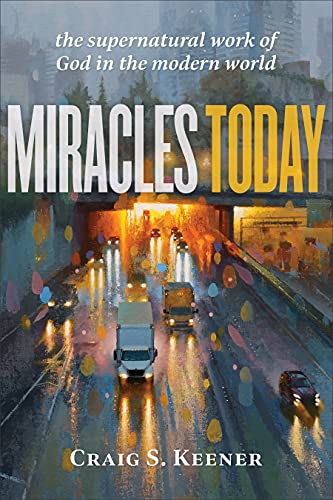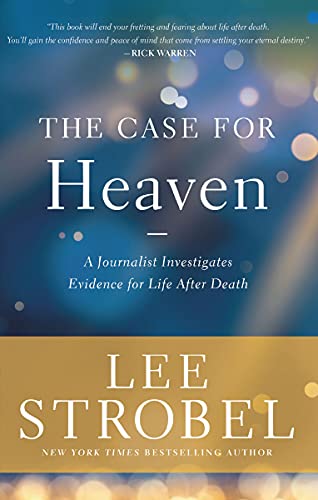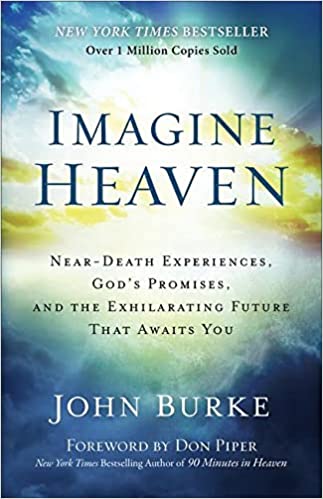James 1:2-4 says “Count it all joy, my brothers, when you meet trials of various kinds, for you know that the testing of your faith produces steadfastness. And let steadfastness have its full effect, that you may be perfect and complete, lacking in nothing.
Most of us tend to avoid suffering, hardship, or troubles at all costs. Life events such as job or career loss, financial hardship, medical issues, divorce, or even loss of reputation and image tend to undermine our self-confidence and derail our faith. When bad things happen in life the impulse is to try and stay happy and confident, or grin and bear it. This attitude often leads to aggravating or avoiding our troubles through medication, distractions, denial, or anything that will allow us to avoid the real problem. For the faithful, we may just direct our frustrations toward God, praying for Him to intervene or even wondering why He allowed these troubles to overcome us.
I once attended a seminar series called Landmark Forum. The Landmark training uses 23 techniques to help you to separate what really happens to you from what you think about what happens to you. One of the key outcomes of the program is answering the question of whether we are just machines responding to stimulus and acting upon it or are we something more than our physical machines? Many people think of themselves in terms of their body being like a machine driven their physical desires. The Landmark Forum teaches you to reframe your mind to exist separately from the drives of your machine (your physical body). This is not a Christian or spiritual type of teaching or experience, but rather a psychological one based on human language and emotions.
In simple terms, the Landmark Forum seeks to remove some of the primary drives of your physical body from your decision-making processes – the ultimate definition of an open mind! Human drives originate from basic necessities like food, water, and shelter, but in modern society these needs are no longer based on our ability to directly obtain these necessities. Our basic needs are sustained indirectly through our social status. Thus, we get access to basic necessities based on how well we are at looking good and avoiding looking bad. Modern society, especially with the rise of social media, makes us rely primarily on our social status to thrive or even just survive. For example, a homeless or street person has challenges with getting basic necessities because their social status for earning money and obtaining a place to live is diminished. The broken people in society have become slaves to their need for social validation to the point that they cannot see themselves as separate from their physical urges and addictions.
As Christians we know that God is in control, even if we face trials and tribulation. In times of troubles, it is hard not to wonder if God is mad at us or He is just letting us suffer the consequences of our bad decisions. What if these times of trial and hardship are actually good things? What if they have a constructive purpose? What if they are not about us, but about God’s love and His will to make us more mature, more focused, more rugged, more fruitful? Look at John 15:2 where Jesus says he will prune “every branch that does bear fruit,” so that “it may bear more fruit”. Most of us would likely agree that while we certainly did not enjoy past times of hardship and tribulation, we do like the growth that resulted from them. Maybe the words of James and other Apostles make more sense in the context of who we are after God helps us through times of despair!
If you are going through something tough right now, keep your eye on God. Pray, read the Bible, talk about it with trusted friends. But don’t try to flee from it. Let God’s love do the work in building trust that will last forever.





